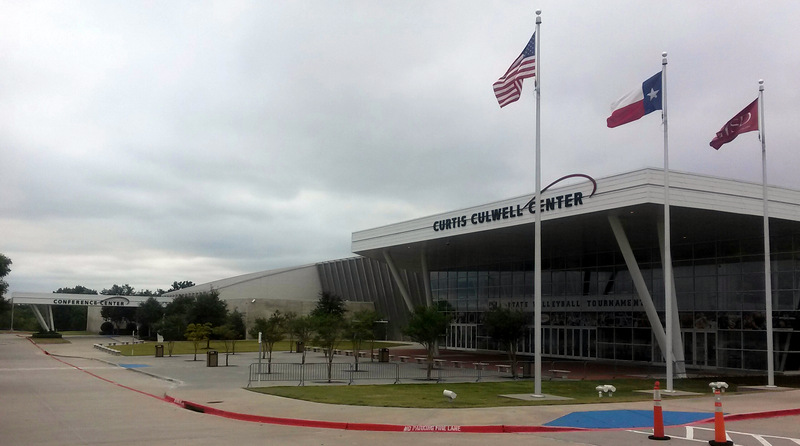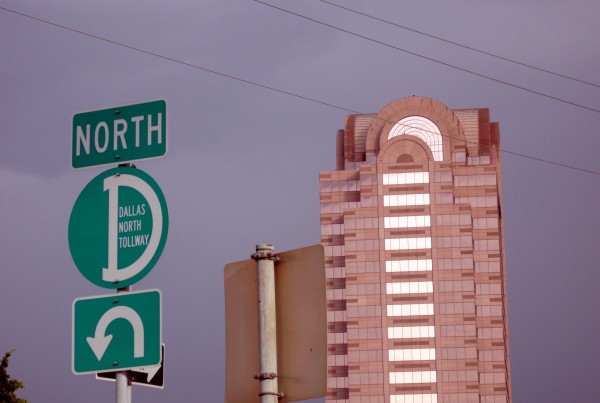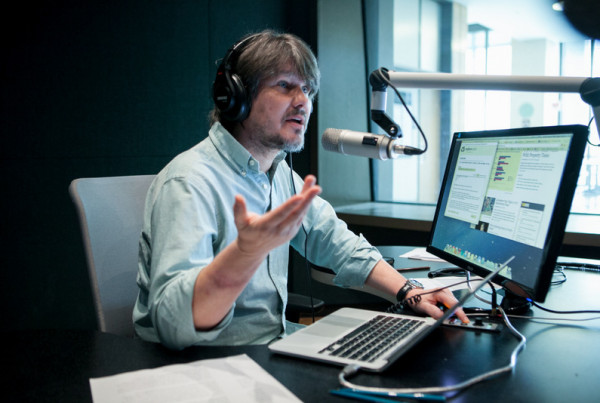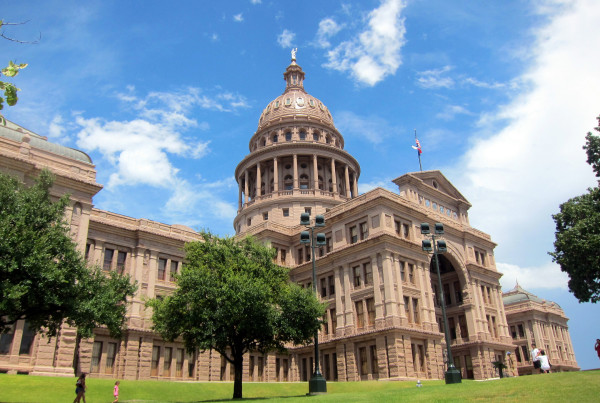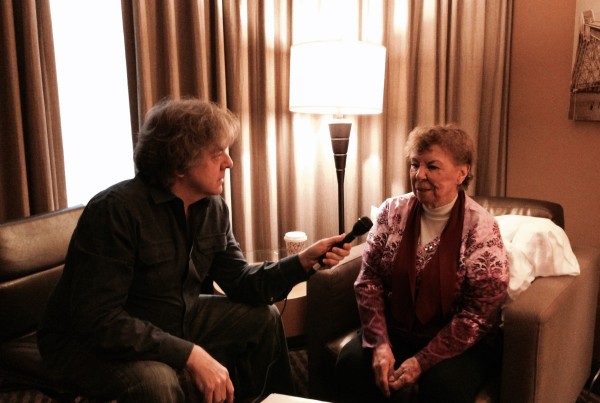If you were to do a news search through the usual suspects for more information about Sunday evening’s attacks in Garland, you might be surprised to learn that Texas has been attacked by ISIS. That’s because the self-proclaimed Islamic State is claiming responsibility for the attacks that – if this were true – left two of its combatants dead, outgunned by officers on scene.
Part of the problem of headlines like ‘ISIS Attacks Texas’ is that there is no actual evidence that the organization, which has been affiliated with beheadings and other such atrocities across Syria and the Levant, had anything to do with the attacks.
What we do know? The official ISIS-operated radio station is bragging that the Texas attack, unsuccessful as it was, is the first on U.S. soil. A pretty dramatic claim that, as CNN thoughtfully put it, has no basis in evidence.
We also know this: the two suspects, Elton Simpson and Nadir Soofi, came all the way from Phoenix and dressed in body armor to make their mark in Garland. Simpson and Soofi professed to be Muslim and may or may not have been applying by email to be part of the ISIS organization. Simpson’s tweets suggest he might have been an ISIS sympathizer planning something sensational; he tweeted out the hashtag ‘#TexasAttacks’ moments before he opened fire on security guards.
But the FBI says there is no evidence that the attack was coordinated by ISIS, despite sensationalist headlines and ominous warnings from the group’s radio station that there may be more attacks on U.S. soil.
The event in Garland, where the Sunday incident took place, was a contest to draw a cartoon of the Muslim prophet Muhammad. The winner would get $10,000. The Muslim community traditionally sees any depiction of Muhammad as blasphemous. Those who ran the event saw the shooting as a direct attack on free speech, and some of those in the public eye have been quick to jump on this claim as well.
Sahar F. Aziz, an associate professor of law at Texas A&M School of Law spoke with The Texas Standard about what the Garland attacks have inflamed and how speculation and sensationalization in the media too often attempt to link outlier events back to the Muslim community as a whole.
“[Officials] assume that these individuals, who are criminals, are part of a larger community problem,” she says.“It is a waste of resources and stigmatizing for Muslim communities for them to have to bear the brunt of this guilt-by-association program that assumes that these lone-wolf terrorists are the Muslim community’s problem when they know no more about them than law enforcement.”
What is the seeming bigger threat to liberty provoked by these attacks?
“It depends on who you are,” she says. “Free speech is a lofty ideal that we should all protect, but we have to accept that hate speech, even if it’s legally protected, bears cost on those who are targeted. If you are not a member of the targeted group… it’s easy for you to stand aside and proclaim free speech should unconditionally be protected.”
But, she says, if you are part of those targeted groups, you suffer very real harm. Hate speech spreads hate, which in turns spreads discrimination.
“I think it is important for our society to understand that free speech has cost,” she says. “Do we want people going and professing hate and sacrificing the freedoms of other people, or do we want to find a balance where yes, you can engage in unpopular speech, but at the same time everyone has a right to be protected from discrimination?”


